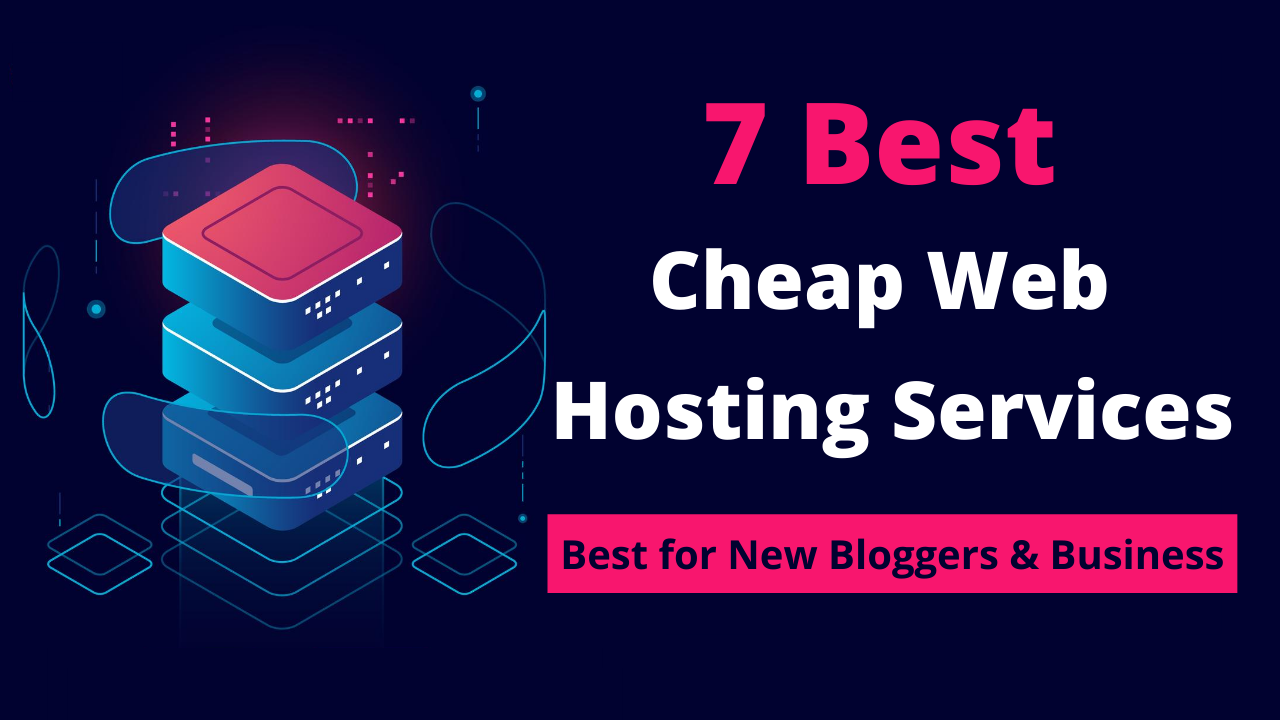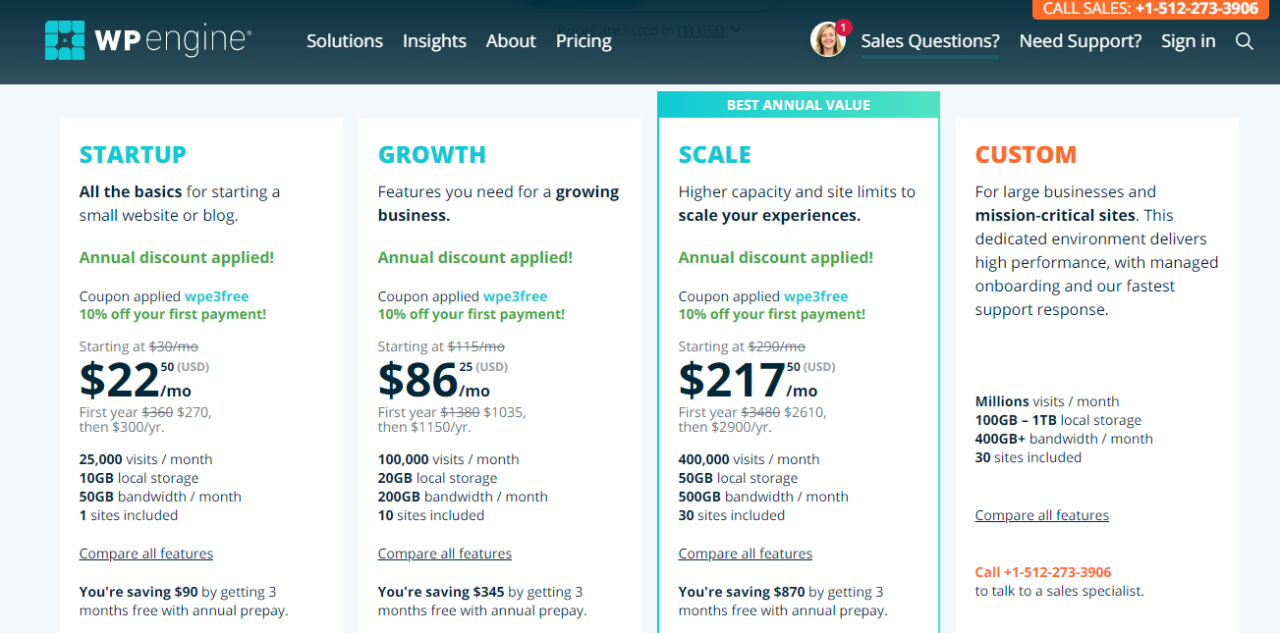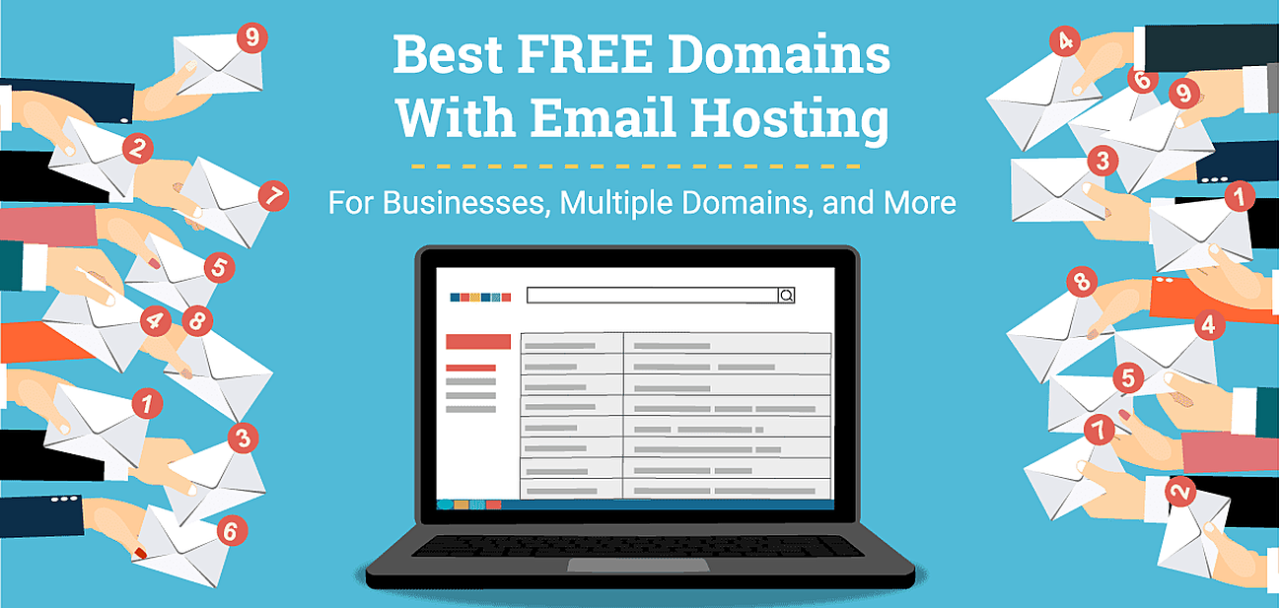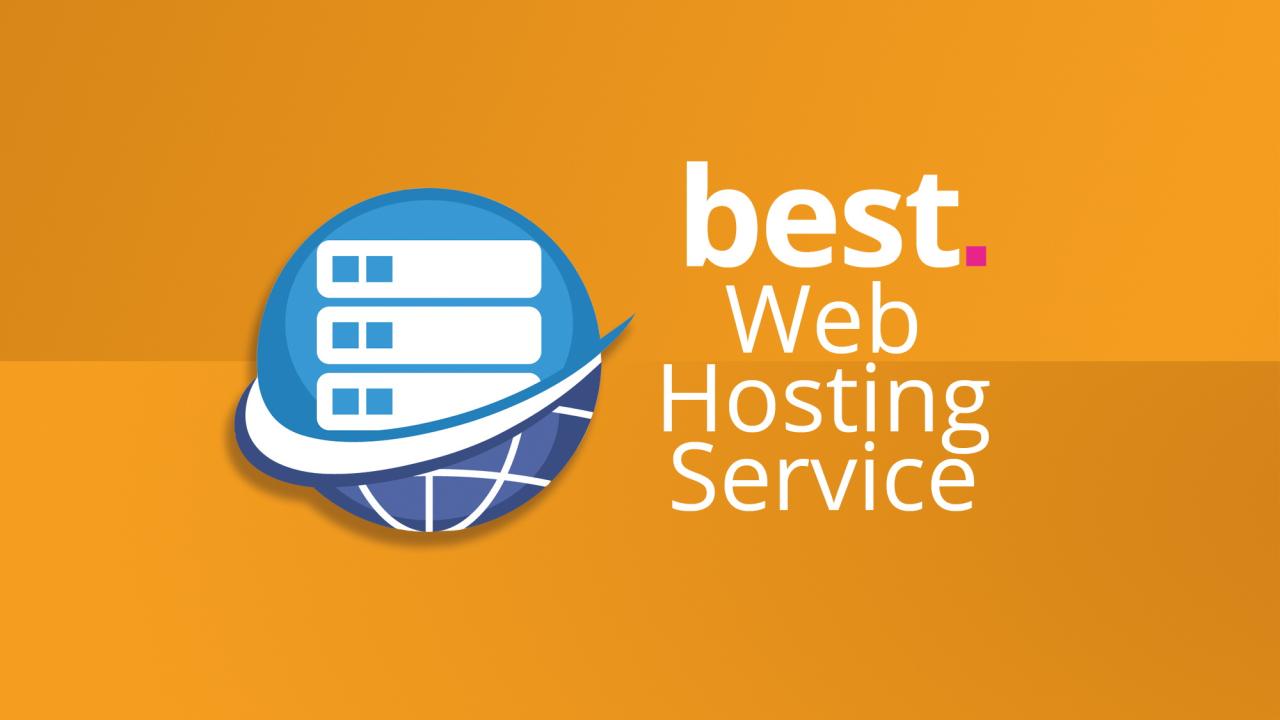Inexpensive website hosting opens the door to a digital world where anyone can establish a web presence, regardless of budget. This guide delves into the intricacies of finding affordable hosting solutions without sacrificing performance or reliability. From understanding the factors that influence cost to navigating the diverse options available, we’ll equip you with the knowledge to make informed decisions.
The journey begins by demystifying the common misconceptions surrounding inexpensive hosting. We’ll explore the trade-offs involved and highlight the key features to prioritize when selecting a plan. Then, we’ll delve into the various hosting types, comparing their advantages and disadvantages to help you choose the ideal option for your specific needs.
Understanding Inexpensive Website Hosting
When starting a website, choosing the right hosting plan can feel overwhelming. You might find yourself drawn to the most affordable options, but it’s essential to understand the factors that influence pricing and the potential trade-offs involved.
Key Factors Influencing Website Hosting Costs
Website hosting costs are influenced by a combination of factors, each contributing to the overall price:
- Storage Space: The amount of disk space allocated for your website’s files, images, databases, and other content. More storage space generally means a higher price.
- Bandwidth: The amount of data transfer allowed for your website. This determines how much data can be transmitted between your server and visitors’ browsers. Higher bandwidth usage often translates to higher costs.
- Number of Websites: Hosting plans can support one or multiple websites. Hosting multiple websites typically requires more resources and, therefore, a higher cost.
- Server Resources: The processing power, memory, and other resources allocated to your website. More powerful servers with greater resources generally come at a higher price.
- Features: Additional features like email accounts, databases, security measures, and website builder tools can influence the price. More features usually mean a higher cost.
- Location: The physical location of the server hosting your website. Servers located in regions with higher operating costs might result in higher hosting prices.
Common Misconceptions About Inexpensive Website Hosting
There are several common misconceptions about inexpensive website hosting, which can lead to unexpected challenges:
- Limited Resources: Inexpensive plans often come with limited resources like storage space, bandwidth, and processing power. This can lead to slow loading times, website downtime, and difficulty handling traffic spikes.
- Fewer Features: Inexpensive plans often lack advanced features like email accounts, databases, security measures, and website builder tools. This can limit your website’s functionality and require you to invest in additional services.
- Lower Quality Support: Inexpensive hosting providers may offer limited or less responsive customer support. This can make it difficult to resolve technical issues or get help when needed.
Trade-offs Associated with Choosing Inexpensive Hosting
Choosing an inexpensive hosting plan involves certain trade-offs:
- Performance: Inexpensive plans may compromise performance due to limited resources. This can lead to slow loading times, affecting user experience and potentially impacting search engine rankings.
- Scalability: As your website grows, you might need to upgrade to a more powerful plan. Inexpensive plans might not offer easy or affordable scalability options, forcing you to switch providers or incur significant costs.
- Security: Inexpensive plans may offer basic security features, leaving your website vulnerable to attacks. You might need to invest in additional security measures to protect your data and website.
Types of Inexpensive Website Hosting

Choosing the right type of web hosting is crucial for your website’s success, especially if you’re on a budget. There are several types of hosting available, each with its own advantages and disadvantages. Understanding these differences will help you choose the best option for your specific needs and budget.
Shared Hosting
Shared hosting is the most affordable type of web hosting. It involves sharing server resources with multiple websites.
- Pros:
- Most affordable option
- Easy to set up and manage
- Suitable for low-traffic websites
- Cons:
- Performance can be affected by other websites on the server
- Limited resources and features
- Security risks due to shared environment
Shared hosting is ideal for personal blogs, small businesses, and websites with low traffic volume. It’s a great starting point for website owners with limited budgets.
Cloud Hosting
Cloud hosting utilizes a network of servers to distribute your website’s resources.
- Pros:
- Scalable and flexible, easily adjust resources based on traffic
- High uptime and reliability
- Cost-effective for websites with fluctuating traffic
- Cons:
- Can be more expensive than shared hosting
- May require technical expertise for setup and management
Cloud hosting is suitable for websites with high traffic, e-commerce platforms, and businesses requiring scalability and reliability.
VPS Hosting, Inexpensive website hosting
VPS hosting provides a virtualized server environment, offering more resources and control than shared hosting.
- Pros:
- Improved performance and security compared to shared hosting
- More control over server environment
- Affordable alternative to dedicated servers
- Cons:
- More expensive than shared hosting
- Requires some technical knowledge for management
VPS hosting is suitable for websites with moderate traffic, businesses requiring more control over their server environment, and those seeking a balance between affordability and performance.
Finding Reputable Inexpensive Hosting Providers
Choosing the right hosting provider is crucial for any website, especially when you’re on a budget. While inexpensive hosting options abound, it’s vital to prioritize reliability and quality to ensure your website remains accessible and secure. This section explores how to find reputable inexpensive hosting providers, helping you make an informed decision.
Evaluating Hosting Providers
It’s essential to evaluate hosting providers thoroughly before making a commitment. Several factors contribute to a hosting provider’s reputation, including uptime, security, and customer support.
- Uptime: Uptime refers to the percentage of time a website is accessible to visitors. A reliable hosting provider boasts high uptime, ensuring minimal downtime and uninterrupted service. Look for providers with a 99.9% uptime guarantee, indicating minimal downtime and a commitment to reliable service.
- Security: Website security is paramount, especially when dealing with sensitive data. A reputable hosting provider offers robust security measures, such as firewalls, malware protection, and regular security updates. These features protect your website from cyberattacks and data breaches.
- Customer Support: Effective customer support is crucial for resolving technical issues and addressing queries promptly. Look for providers with 24/7 support channels, including live chat, email, and phone. A responsive and knowledgeable support team ensures prompt assistance when needed.
Recommended Hosting Providers
Here’s a table of recommended hosting providers, highlighting their pricing, features, and customer support:
| Provider | Pricing | Features | Customer Support |
|---|---|---|---|
| Hostinger | Starting at $1.99/month | Shared hosting, cloud hosting, VPS hosting, WordPress hosting, domain registration, email accounts, free SSL certificate | 24/7 live chat, email, and ticket support |
| Bluehost | Starting at $2.95/month | Shared hosting, WordPress hosting, VPS hosting, dedicated hosting, domain registration, email accounts, free SSL certificate | 24/7 phone, email, and live chat support |
| Namecheap | Starting at $2.88/month | Shared hosting, VPS hosting, reseller hosting, domain registration, email accounts, free SSL certificate | 24/7 live chat, email, and phone support |
| DreamHost | Starting at $2.59/month | Shared hosting, VPS hosting, dedicated hosting, WordPress hosting, domain registration, email accounts, free SSL certificate | 24/7 phone, email, and live chat support |
Tips for Evaluating Hosting Providers
Beyond pricing, consider these tips when evaluating hosting providers:
- Read Customer Reviews: Customer reviews provide valuable insights into a hosting provider’s performance, reliability, and customer support. Explore independent review websites like Trustpilot and G2 Crowd to gain a comprehensive understanding of user experiences.
- Check Uptime Guarantees: A high uptime guarantee is crucial for website availability. Aim for providers offering a 99.9% uptime guarantee, indicating minimal downtime and a commitment to reliable service.
- Assess Security Features: Security is paramount for any website. Look for providers offering robust security measures, such as firewalls, malware protection, and regular security updates. These features safeguard your website from cyberattacks and data breaches.
- Compare Features and Pricing: Compare features and pricing across different providers to find the best value for your needs. Consider factors like storage space, bandwidth, and the number of email accounts included.
- Evaluate Customer Support: Effective customer support is crucial for resolving technical issues and addressing queries promptly. Look for providers with 24/7 support channels, including live chat, email, and phone. A responsive and knowledgeable support team ensures prompt assistance when needed.
Importance of Reliability and Customer Support
Reliability and customer support are essential for any hosting provider. A reliable provider ensures your website remains accessible and performs optimally, minimizing downtime and interruptions.
“A reliable hosting provider is like a solid foundation for your website. It ensures stability, performance, and peace of mind.”
Exceptional customer support is equally crucial. A responsive and knowledgeable support team can quickly resolve technical issues, answer queries, and provide guidance when needed. This ensures a smooth and hassle-free experience, allowing you to focus on your website’s content and growth.
Last Word
In conclusion, achieving a successful online presence doesn’t require breaking the bank. By understanding the nuances of inexpensive website hosting, you can create a cost-effective solution that meets your current and future needs. Remember to prioritize reliability, security, and essential features, while exploring options for scaling your website as it grows. With careful planning and a bit of research, you can find a hosting plan that empowers you to build a thriving online presence without compromising your budget.
Finding inexpensive website hosting can be a challenge, especially when you need reliable performance and scalability. For those seeking a cost-effective solution, exploring AWS cloud hosting might be a good starting point. AWS offers a range of services, from basic shared hosting to powerful dedicated servers, allowing you to tailor your hosting plan to your specific needs and budget.
This flexibility can help you keep your website up and running without breaking the bank.




